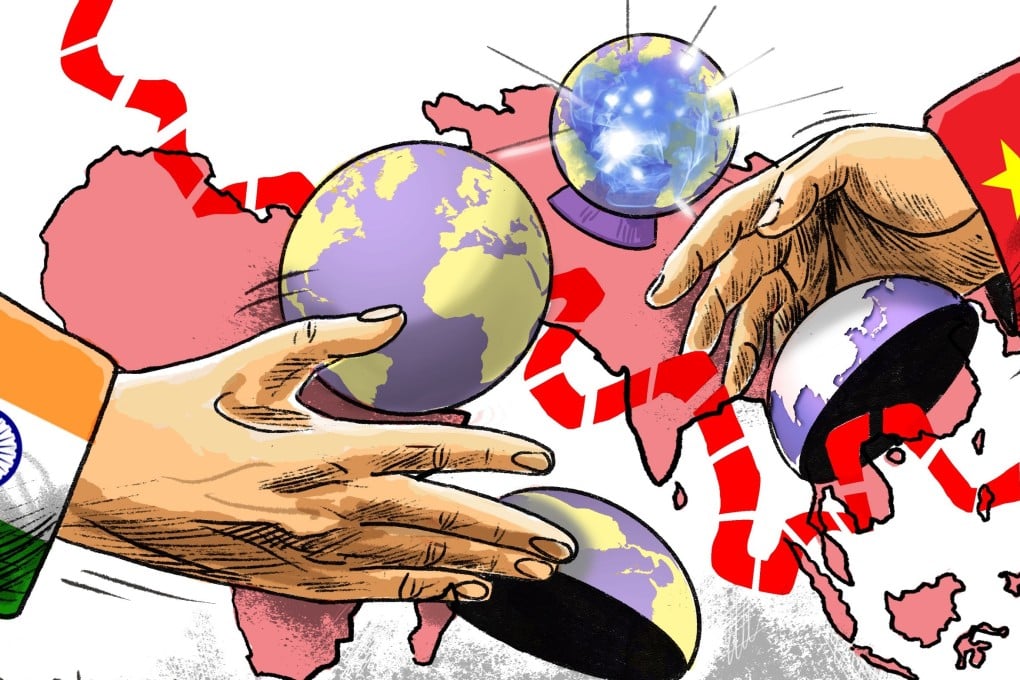Advertisement
Opinion | Besides the border, 4 issues obstruct warmer China-India ties
Both nations share similarities but also sharp differences in how they see the international order, its future, multipolarity and the Global South
Reading Time:4 minutes
Why you can trust SCMP
1

India and China took another step towards healthy and stable relations last week as India’s national security adviser Ajit Doval and Chinese Foreign Minister Wang Yi held border talks in Beijing. It was the 23rd meeting between the countries’ special representatives under the established mechanism for border discussions – and the first to be held in five years.
Advertisement
Relations cooled after the deadly Galwan Valley clash in 2020, with Indian Foreign Minister Subrahmanyam Jaishankar frequently critical of border affairs. The Wang-Doval meeting returns discussions over long-standing border issues back to the normal track.
Described as substantive and constructive, the meeting reflected a warming of Sino-India relations. Trust will need to be re-established and that will take time. Beyond border and bilateral relations, China and India can also improve mutual understanding and build trust by clarifying issues regarding the international order – on which they share similarities but also sharp differences.
First, the international order is undergoing a transformation. The driving forces are seen variously as the rise of the East and the decline of the West, or the rise of the South and the decline of the North. China has repeatedly referred to changes “not seen in a century”. Both China and India are part of this transformation.
Both see as unfair the international order led by the United States and western Europe. Like China, India is part of the Brics bloc (whose name comes from initial members Brazil, Russia, India, China and South Africa), which seeks to reshape global governance. India is also pushing for more equitable representation through reforms to the UN Security Council, including a seat for India – which permanent member China has publicly opposed.
Advertisement
In a September talk in New York, Jaishankar spoke of the “parallel rises of India and China”, which “present a very, very unique problem”. China, undeniably the biggest driving force behind the changing international order, hopes for a smooth transition. It stands as a major force in maintaining peace and stability, especially in the Asia-Pacific.

Advertisement
